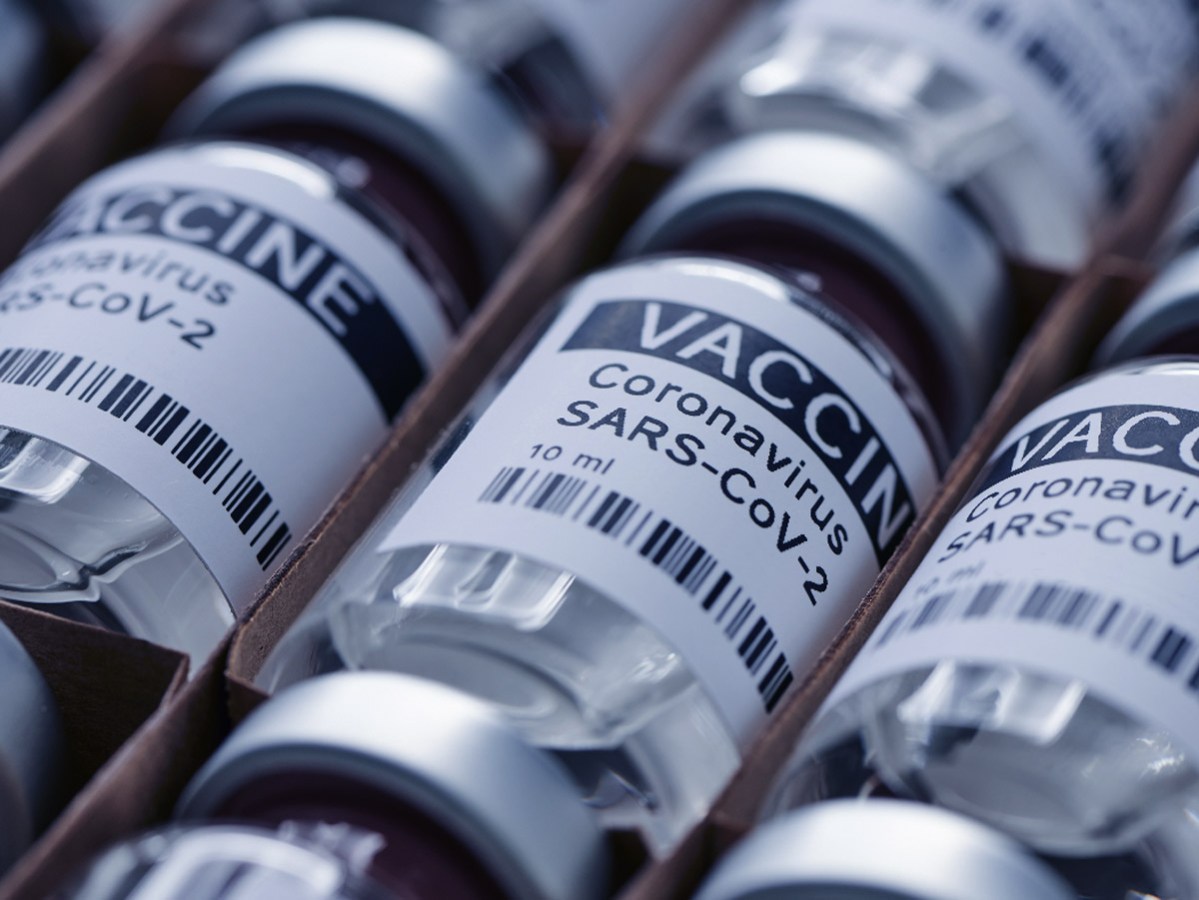COVID-19 articles

Sander van der Linden on how psychological inoculation protects against false news
Sander van der Linden, Ph.D., is Professor of Social Psychology in Society and Director of the Cambridge Social Decision-Making Lab in the Department of Psychology at the University of Cambridge. Professor van der Linden, we have seen many attempts to debunk climate and health disinformation. How well do fact checks fare? Sander van der Linden: ...

Interview with Dr. Ed Pertwee: vaccine hesitancy and lessons learnt
Rumors, conspiracy theories and misinformation during a health crisis: "The problem seems to be informational reliance on social media, not social media usage per se," says expert Dr. Ed Pertwee. With possible new Covid-19 waves in the back of our mind and in order to save lives, understanding communication during a health emergency is critically ...

Omicron, another chapter in the Covid-19 pandemic
Before the winter holidays, a new, more transmissible variant was discovered. By now, Omicron is responsible for most new infections in Europe. What do we know so far? And what are the future possible scenarios?

SARS-CoV-2: the challenges of mutation and possible strategies
The efficacy of the current COVID-19 vaccines might be lower against the new variants of SARS-CoV-2. The new strain that emerged in the United Kingdom has a higher transmissibility than previous strains of the virus. We asked scientists whether the new mutations are a threat to the current public health measures and to COVID-19 vaccines.

Covid-19: different types of vaccines and how they work
A range of Covid-19 vaccines are being developed worldwide and the differences between them can be confusing. How do the new mRNA vaccines work? What about vector vaccines? We asked scientists to give us an insight into the different types of Covid-19 vaccines.

Covid-19: What are the consequences of the unprecedented rush for knowledge?
The surge in COVID-19 research papers has put the spotlight on the peer review process and is changing the way we assess the quality of scientific literature.
Mix of COVID-19 cluster-busting with vaccine push may bring a new normal faster
Combining so-called “backward tracing” with traditional forward tracing to help identify source events of COVID-19 outbreaks has been cited as a potential way of better tracking the disease, as seen in some Asian countries. Now that vaccines are emerging on the scene, how can this concept be used for more effective cluster-busting?

Vaccination policy in times of Covid-19
As multiple COVID-19 vaccines are emerging, what can be done to tackle vaccination hesitancy and ensure rapid and equitable deployment?

